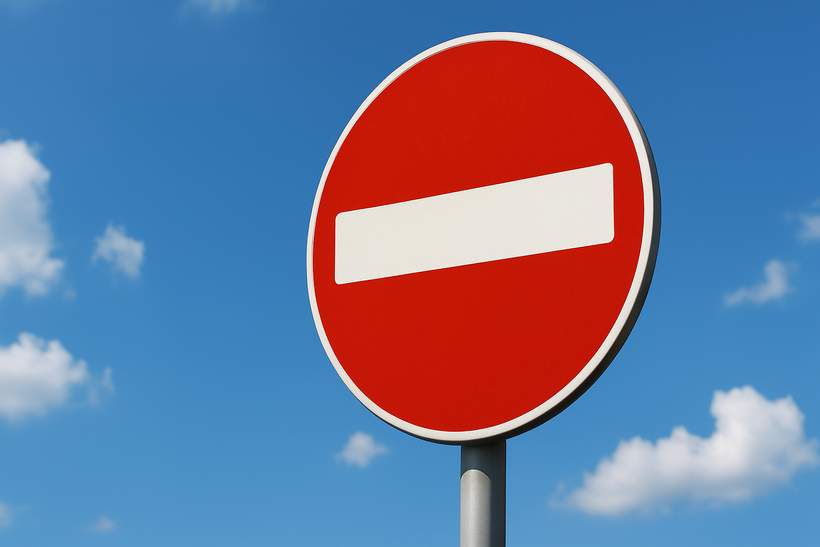KSA Blocks Gambling Sponsorships at the Dutch Grand Prix

Gambling Advertising Ban at Dutch Grand Prix
The Dutch Gaming Authority, also known as Kansspelautoriteit (KSA), has announced a prohibition on any gambling-related sponsorships during the upcoming Dutch Grand Prix event held at Circuit Zandvoort.
Strict Sponsorship Restrictions Enforced
The KSA emphasized its role in keeping sports organizations informed about regulatory changes, reiterating that no gambling operators will be allowed to sponsor or advertise at the Formula 1 race in Zandvoort. This rule applies to all participants, including international teams, regardless of whether the gambling companies hold licenses within the Netherlands.
Organizers of the Formula 1 Heineken Dutch Grand Prix have confirmed compliance with this restriction, ensuring that no visible branding from gambling providers will appear during the event. Additionally, advertisements from offshore gambling companies are strictly banned.
Since its return in 2021 after a 35-year absence, the Dutch Grand Prix has become a significant fixture in the nation’s sports calendar, drawing top racers from around the world to the historic Circuit Zandvoort.
The KSA has invited stakeholders to reach out directly for clarification or inquiries related to these regulations.
KSA’s Ongoing Regulatory Oversight
Beyond sponsorship bans, the KSA continues to monitor and enforce gambling laws with recent actions such as issuing a warning to the licensed operator TonyBet. The warning addressed prohibited betting markets offered by TonyBet, including bets on the Ballon d’Or winner determined by jury vote, which do not comply with Dutch legal standards for sports betting.
The regulator opted for a formal reprimand rather than harsher penalties, citing the operator’s cooperation and the absence of actual bets placed on these unauthorized markets.
Meanwhile, the KSA acknowledged challenges with the country’s new gambling tax policy, noting it has hurt the legal gambling industry rather than producing the intended additional tax revenue.